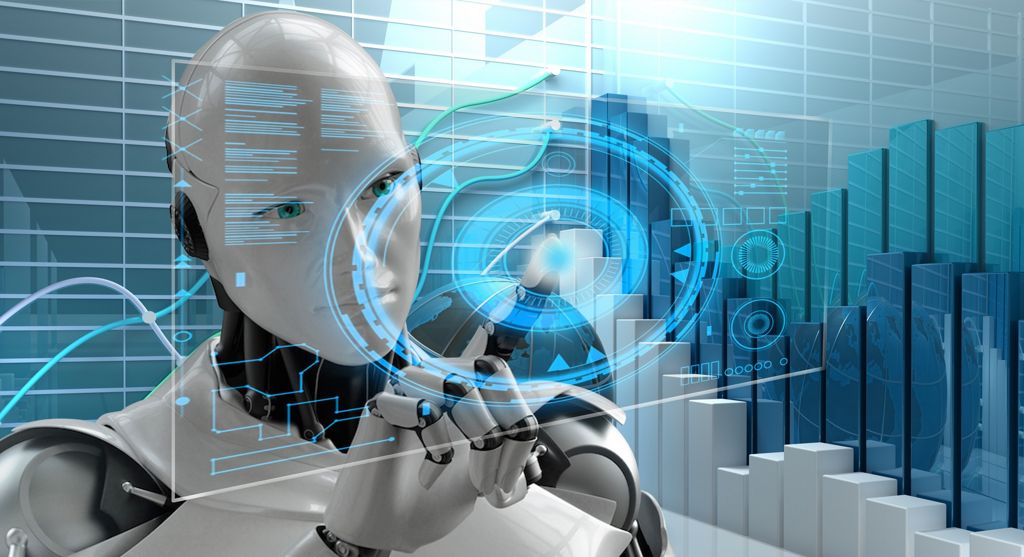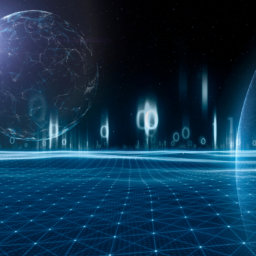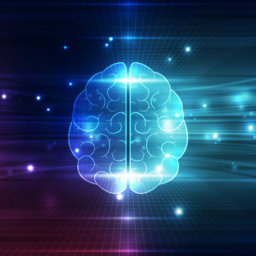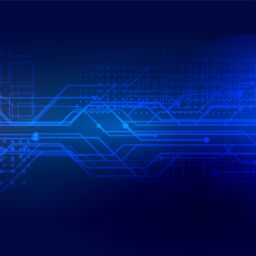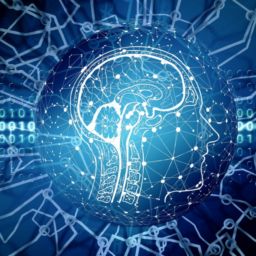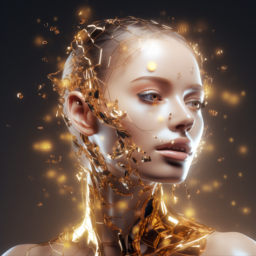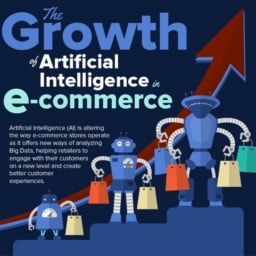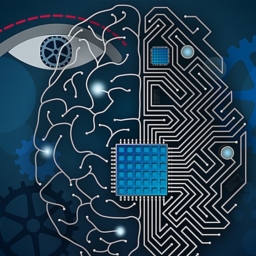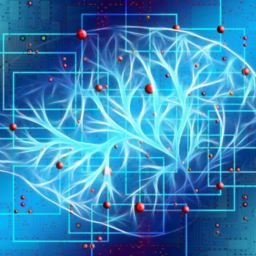ARTIFICIAL INTELLIGENCE: WHAT IT IS, WHAT TO EXPECT IN THE FUTURE
by Charalampos Konstantinidis
What is Artificial Intelligence and how close are we in creating the famous HAL from Space Odyssey or Skynet from Terminator? Stephen Hawking warned us that “The rise of powerful AI will be either the best, or the worst thing, ever to happen to humanity. We do not yet know which”. Elon Musk was more pessimistic “A.I. is highly likely to destroy humans”. And this comes from a guy who makes a fortune by selling intelligent cars!
According to the Merriam-Webster Dictionary Artificial Intelligence is two things: “A branch of computer science dealing with the simulation of intelligent behavior in computers” and “The capability of a machine to imitate intelligent human behavior”. One can argue here that “simulating intelligent behavior” or “imitating human behavior” is not really Intelligence, right? Imagine that you communicate with an entity only through short messages. How can you be sure that the other party is intelligent and not just a computer program developed to respond based on a huge but predefined list of questions and answers?
Encyclopedia Britannica gives another definition for Artificial Intelligence: “AI is the ability of a digital computer or a computer-controlled robot to perform tasks commonly associated with intelligent beings”. Again, one can say here that this is not a very clear definition. What kind of tasks are the tasks commonly associated with intelligent beings?
The term “Artificial Intelligence” is not new. It first appeared back in the 1950s but for different reasons that will not be covered here was not very popular until the late 1980s – early 1990s.
A categorization of A.I. can be used to better understand what A.I. is.
Weak A.I.
Most probably you have already been exposed to weak A.I. today. If you have checked for example Facebook and Instagram a Weak A.I. program decided on what is best for you to see. Google Assistant, Siri and Alexa are perfect examples of Weak A.I. Even Watson from IBM, though it is a very complex system, it is an example of Weak A.I. As Weak A.I. we categorize any computer program that uses different technologies to simulate the knowledge or the cognitive ability of a human. Any computer program that uses machine learning, data mining, pattern recognition or even natural language processing is weak A.I..
These systems can be based on Human Knowledge. A human for example is needed to categorize a few thousand pictures of dogs and cats in order to train a machine to recognize dogs from cats. This system is weak A.I. and can be used for that specific task. The machine doesn’t know what a dog or a cat is. It uses the human knowledge it has absorbed just to distinguish them.
Another approach would be to ask the machine to try to find the different patterns between dogs and cats and create clusters of the results. As a result, the machine will be able to categorize any new image. But still the machine doesn’t know what a cat is. The weird thing is that even though we can create this system, we still do not understand what makes this neural network distinguish a cat from a dog.
Strong A.I.
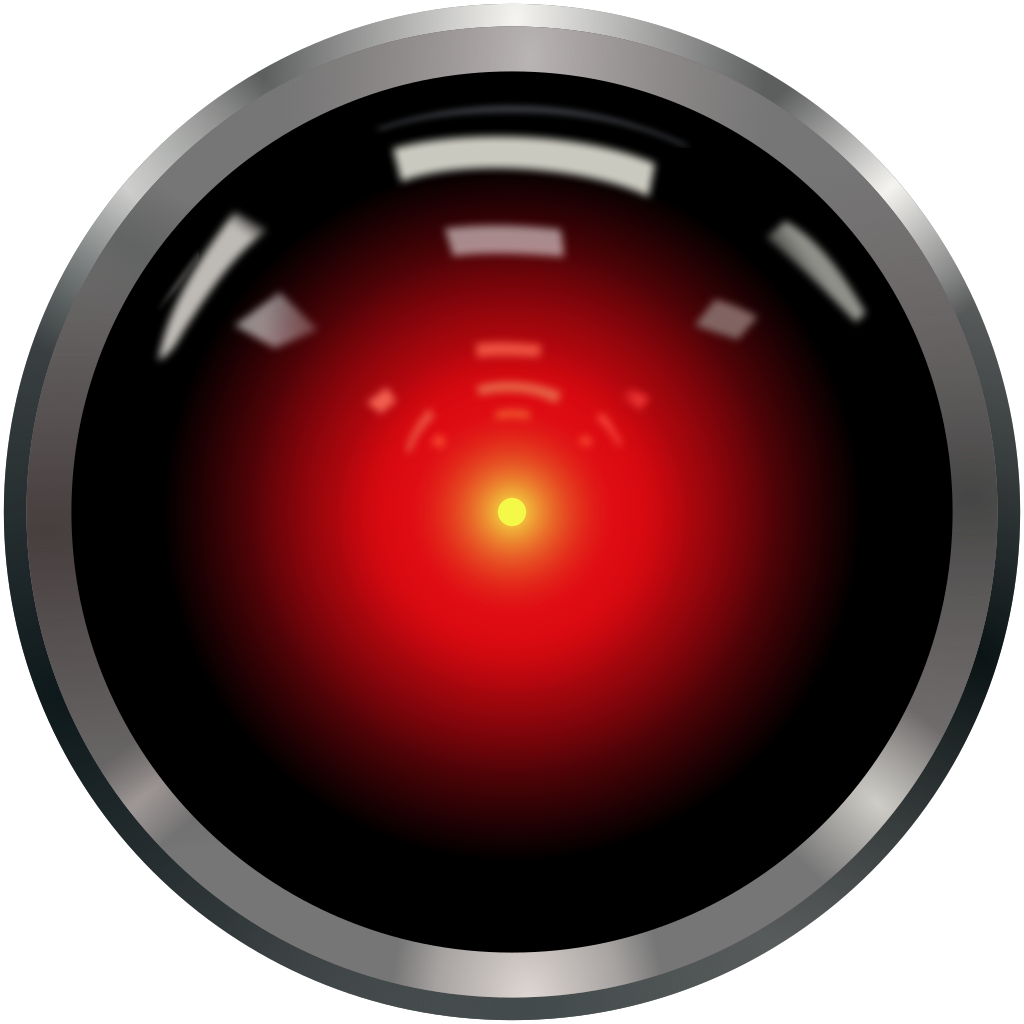
You will find it also as General A.I.. Strong A.I. will understand not only the problem but also the context of it. Strong A.I. will be able to respond in situations where no prior data are available. It could be creative and could re-design itself to respond better or faster. The speed that the Strong A.I. will teach itself new things will be unparalleled to anything we have seen in the human history.
Weak A.I. systems are very good in doing one thing. You can use Google Assistant to search in your contacts, set alarms, make voice calls and send SMS but if you ask it how it feels it will respond something clever that it is pre-programmed to respond. Strong A.I. will understand the question and if it doesn’t know how to respond it will find it out. This is the kind of A.I. Stephen Hawking warned us about. Strong A.I. machines are the machines that will think for themselves. Some experts think that we will never be able to create them. Others say that we will see the first thinking machines in our century!
Google wants A.I. to improve people’s lives and created a list of principles that describe its vision.
Facebook is building A.I. to give people better ways to communicate.
IBM wants to augment Human Intelligence and not to replace it.
All the above and other major companies participate in the “Partnership on AI” organization , “a multistakeholder organization that brings together academics, researchers, civil society organizations, companies building and utilizing AI technology, and other groups working to better understand AI’s impacts.” By making it open to all, Partnership on AI hopes to steer the A.I. development in the right path. But there are organizations that are not part of this movement. This includes the military, governments or other big companies with enough money and time to spend.
And you don’t have to be Google to start building your A.I. machine. Advantages in technology make it easy for all to create a machine learning model even on a moderate laptop. You do not have to be an expert. You can create a machine learning model and start playing with Neural Networks even without developing a single line of code if you want.
So, what to expect from A.I. in the near, or not so near future? Well it is up to us. Humanity must be ready to answer HAL’s question in “2001: A Space Odyssey“: “Are you sure you are making the right decision?”


